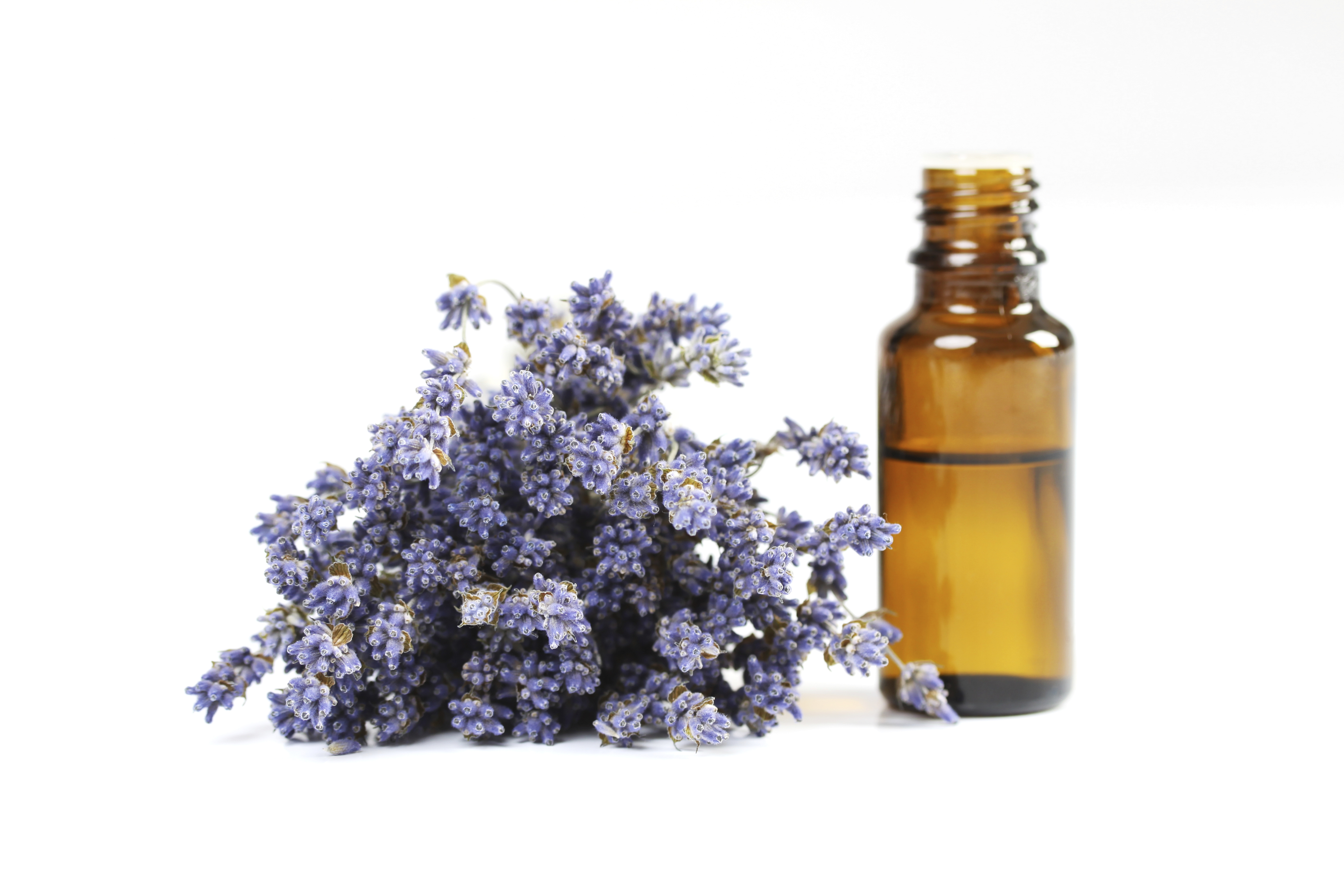Essential Oils and Pregnancy
 Essential oils are not a new discovery, but they are growing in popularity as mothers seek out more natural remedies for their pregnancy ailments.
Essential oils are not a new discovery, but they are growing in popularity as mothers seek out more natural remedies for their pregnancy ailments.
The small bottles of oils derived from plants are said to promote relaxation, support a healthy immune system and more. Though essential oils are widely regarded as natural remedies, they are still medicinal and therefore require the same caution and research.
Andrea Malji started using essential oils after her first son was born. Lavender proved to be so relaxing, she started to research more about oils.
“After using them for several months I encountered so much conflicting information that I just wanted to learn how to properly use them, so I decided to become a certified aromatherapist,” she said.
Andrea is currently studying for her certification from the International Certified Aromatherapy Institute. She sees the appeal oils have for pregnant women who want to avoid medication as much as possible. But through her studies she has learned that “natural” does not always equal “safe.”
“Certain oils such as angelica seed and hyssop have been known to induce miscarriages,” Andrea said. “Other oils or oil blends containing wintergreen have been known to cause seizures, so if you are using a less common oil it is important to contact a certified aromatherapist and have them assist you in making safe and helpful choices.”
Chante Perryman, a local maternity concierge, first heard about oils through a Facebook post from another mom. She was looking for a way to help her daughter with the winter sniffles, so she delved into research about oils.
“I did some research and found out that I could use the oils as a safer alternative than conventional over-the-counter medicine and that made me feel good as a mom,” she said.
Chante personally uses the oils for her own pregnancy symptoms.
“My favorite oil that has helped me a lot during my pregnancy is peppermint,” she said. “It has helped relieve nausea, headaches, digestive issues, heartburn, and helped me think clearly when I had pregnancy brain. Ginger and spearmint are also beneficial when it comes to nausea and morning sickness.”
Moms with questions should look to resources in the community for answers, as well as do independent research, Chante said.
“Definitely consult with your provider or a licensed aromatherapist if you have any questions,” she said. “If any oils should not be used during pregnancy, it should state it on the bottle … If someone has sensitive skin or a critical medical condition, they should be cautious of which oils they are using. Again, always consult your medical provider if you have questions.”
The cost of oils can range anywhere from $5-$30 per bottle, but one small bottle can last a while since oils are most often used diluted. Andrea recommends to look for glass bottles that are blue or amber, and do not say “fragrance” or “perfume” on the label.
Once diluted with a carrier oil like coconut, sunflower or olive oil, essential oils can be applied topically. A diffuser allows the oils to be inhaled and also allows the scent to fill the room. It is not recommended to ingest oils without the supervision of a well-trained professional.
Moms can find oils online through sources like Plant Therapy or Young Living, or local health food stores such as Good Foods Co-Op and Whole Foods. But be aware that regulations for essential oils are tricky.
Two major oil distributers came under fire recently by the FDA for marketing certain oils as being able to prevent or cure diseases. Whether oils are considered cosmetics or drugs by the FDA depends on what claims are made concerning each oil’s uses.
“Terms like ‘therapeutic grade’, ‘certified pure therapeutic grade’, ‘all natural’, hold no meaning as there is no outside agency that can certify oils to be in compliance with any standards,” Andrea said. “In fact you will find many companies trademark such terms so no one else can use them.”
With a wealth of information at a mom’s fingertips, from the Internet to testimonies from other moms, Andrea reminds women to approach oils with the same diligence they would over-the-counter or prescription medications.
“Essential oils are great for helping mood throughout your pregnancy and helping the room smell great, but if looking to add essential oils for something more than nice fragrance or relaxation, consult with a certified aromatherapist or one of their websites,” she said.

